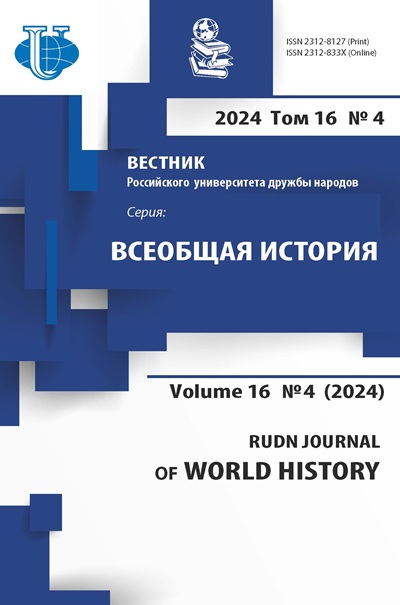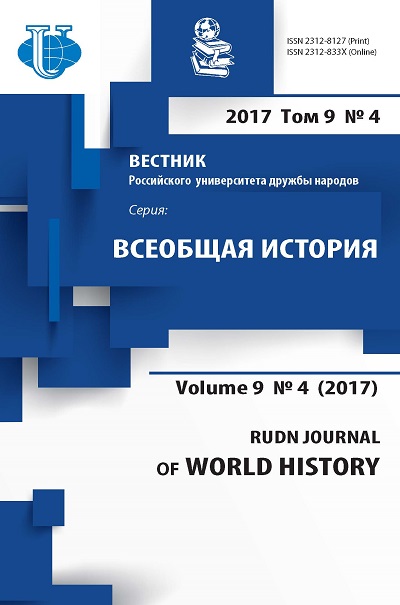Modern Political and Socio-Economic Situation in Afghanistan
- Authors: Naderi A.1
-
Affiliations:
- Ministry of foreign Affairs of the Islamic Republic of Afghanistan
- Issue: Vol 9, No 4 (2017)
- Pages: 353-362
- Section: Articles
- URL: https://journals.rudn.ru/world-history/article/view/18031
- DOI: https://doi.org/10.22363/2312-8127-2017-9-4-353-362
Cite item













